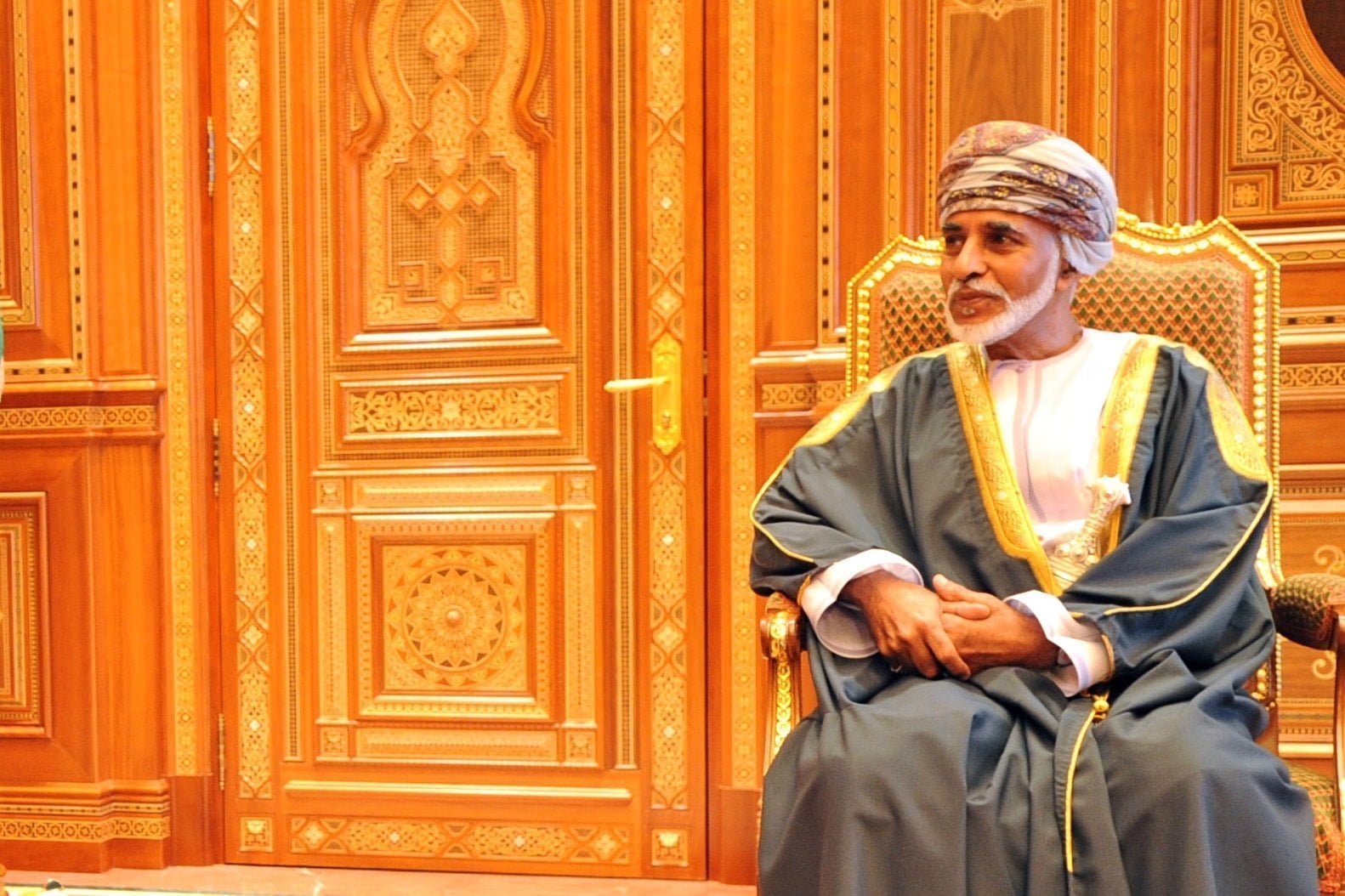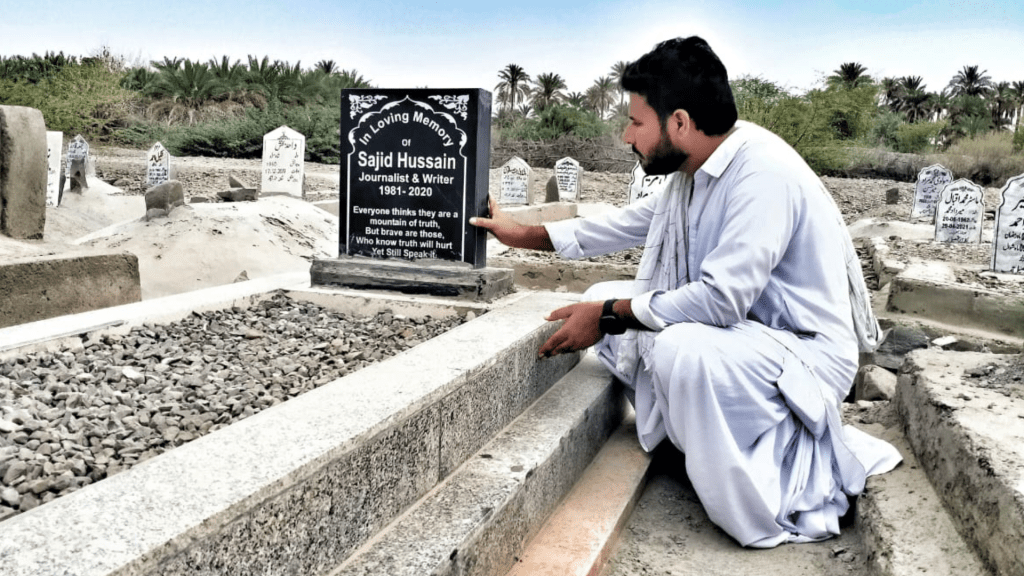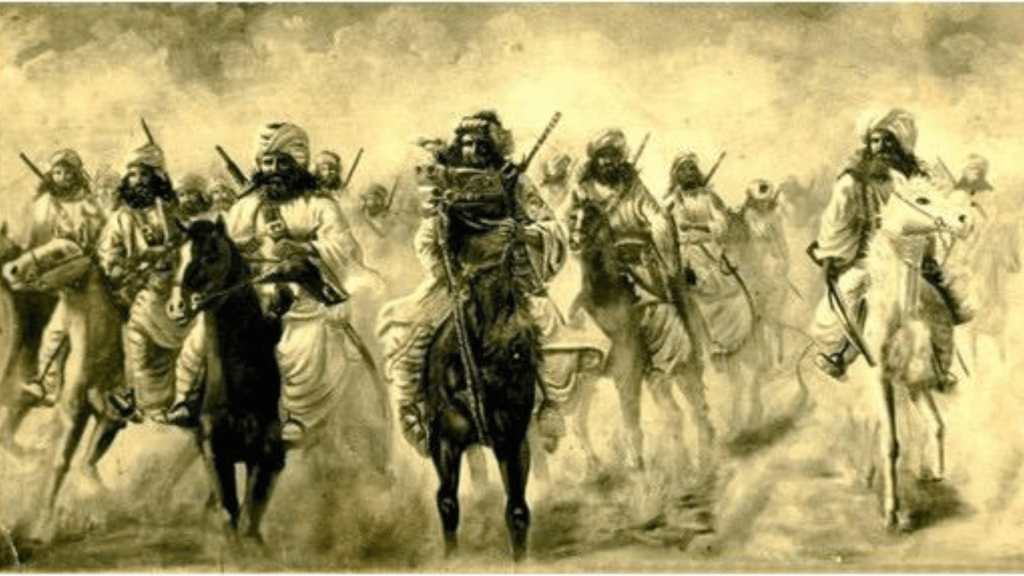If the people of Makran, living both in Iran as well as in Pakistan, have ever truly loved a monarch, it was undeniably Sultan Qaboos of Oman. His framed portraits, especially the ones where he is wearing a military uniform, hang friendly in many mud homes of the arid and under-developed coastal region. At a time when Pakistan and Iran were failing, or unwilling, to provide any sort of employment to the local Baloch, Sultan’s oil money fed perhaps more homes in Makran than both Islamabad and Tehran’s centralist governments would want to.
When the England-educated prince overthrew his father in 1970 in a UK-backed coup d’état, without shedding a drop of blood, he was immediately faced with a rebellion in the Dhofar province. To fight the rebels, young Qaboos built a new army, mainly from the Baloch of Makran. He sent his military representatives to Gwadar, once a part of Oman, to hire thousands of Baloch youth who were then trained and sent to the battlefields to face the hardened Marxist-Leninist Dhofari rebels.
The Baloch fought well and died in hundreds. There is a famous graveyard in Oman’s scenic Salalah region where hundreds of fallen Baloch soldiers are buried. Eventually, the Dhofaris were defeated in 1976 and the civil war ended.
Qaboos recognized the sacrifices of the Baloch soldiers and rewarded them, or thousands of them, with Omani nationality. Thus began the love affair between the Baloch and the late Sultan.
Now, after his long-expected death, the Omani Baloch seem to be a bit worried about their future. They are mourning Sultan Qaboos as a protector now gone. They, previously, have had ministers, chief of the army, chief of the air force and banking executives. What will happen when the current Sultan begins changing things, according to his own very way?
Although the local Arabs regard, albeit wrongly, their Al-Balushi brothers somehow related to them by blood, they still want the good jobs and influential government positions for themselves. So there is some tension between the two people. Qaboos, according to a commonly-held belief, didn’t let anyone discriminate against his loyal Baloch. This, however, cannot be yet said about the new Sultan.
Qaboos was a measured man and relied on the Baloch and kept them close for two reasons. First, an army solely made up of local Arab tribesmen could be used by royal rivals to dethrone Qaboos. Second, the Baloch were a proven efficient fighting force, as centuries earlier, in 1821, the then Omani Sultan, Seyyid Said bin Sultan Al Busaidi, had also hired a fleet of Baloch soldiers to invade Zanzibar and the other East African coasts.
Unofficial estimates suggest, or at least that is what the Omani Baloch claim, 40 percent of the total Omani population comprises of ethnic Baloch. The old arrivals have mostly given up the Balochi language and consider themselves as a local Arab tribe, though they have still stuck to Al-Balushi as their surname. Those who arrived in the 1970s and later still speak Balochi at home and workplace. If you are a Baloch in Oman and you do not speak any other language, the chances are you will do just fine.
Oman is one place on the earth where the Baloch have been welcomed and let thrive. They are a considerable community of successful businessmen, media owners, top military leaders and hard workers. May the new His Majesty be kind to them too.



